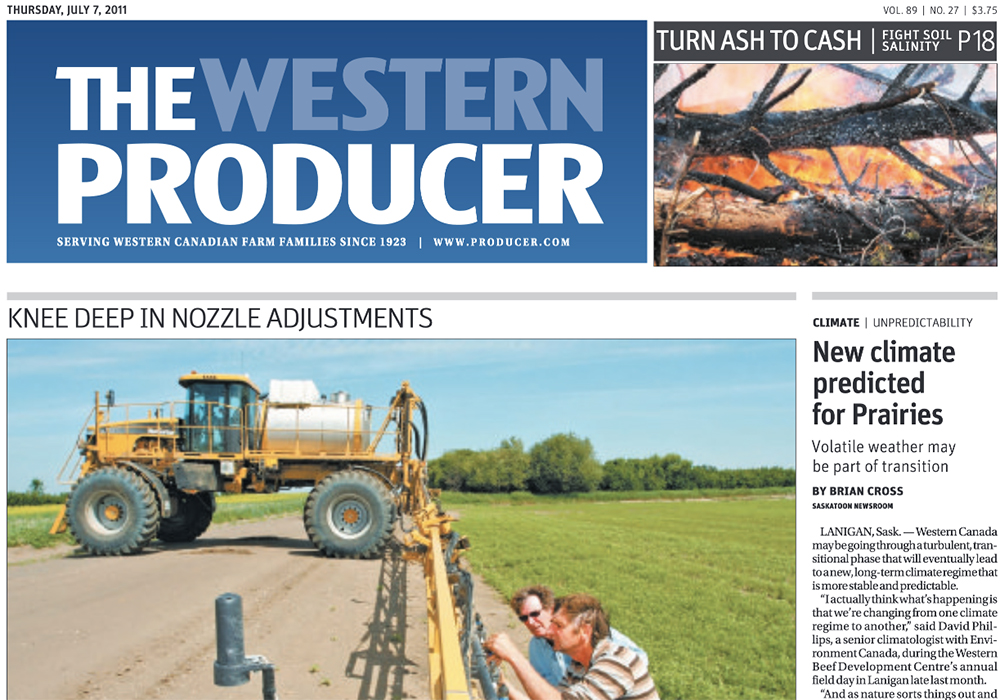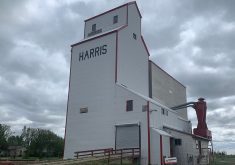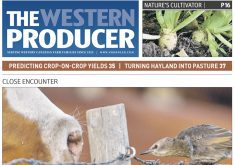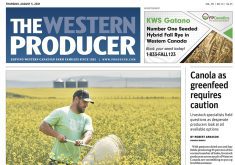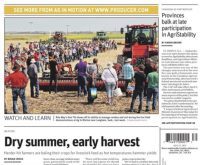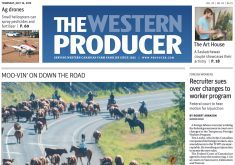For the next year, this column will mark The Western Producer’s 100th anniversary by taking a deep dive every week into a past issue of the paper.
Climate change continues to be a major coverage area for the Western Producer, including a story in last week’s issue that looked at whether Canadian farmers should be focusing more on mitigation or adaptation.
It was interesting, then, to find a front page story in our July 7, 2011, issue in which David Phillips, the well-known senior climatologist with Environment Canada, said he thought Western Canada was going through a turbulent, transitional phase that would eventually lead to a new long-term climate regime that was more stable and predictable.
Read Also

Farmer ownership cannot be seen as a guarantee for success
It’s a powerful movement when people band together to form co-ops and credit unions, but member ownership is no guarantee of success.
While he did talk a little bit about climate change and how it might benefit prairie agriculture, he also blamed the volatile weather on changing land use trends and land management practices.
“When you go from a prairie mixed grassland to a wheat field to a parking lot, you change the reflectivity, and this could very well change the conditions.”
In other news, the federal Conservatives under prime minister Stephen Harper, armed with a majority in the House of Commons, were embarking on the last chapter in their efforts to dismantle the Canadian Wheat Board’s marketing monopoly.
However, the board wasn’t going down without a fight, announcing it planned to hold a plebiscite to determine what farmers thought about Ottawa’s plans.
Federal agriculture minister Gerry Ritz was not impressed.
“Once again, the Canadian Wheat Board is failing to recognize that every single farmer should have the right to choose how to market their grain,” he said.
The July 7, 2011, issue also marked the arrival of Kevin Hursh as a columnist with the Western Producer. His column started out on the bottom left hand corner of page 11 and can still be found there.
Kevin has never been afraid to tackle controversial issues, and his first column set the tone, dealing with the wheat board’s plebiscite plans.
The first paragraph said it all: “A vote won’t solve anything. No use wasting the time and effort.”

